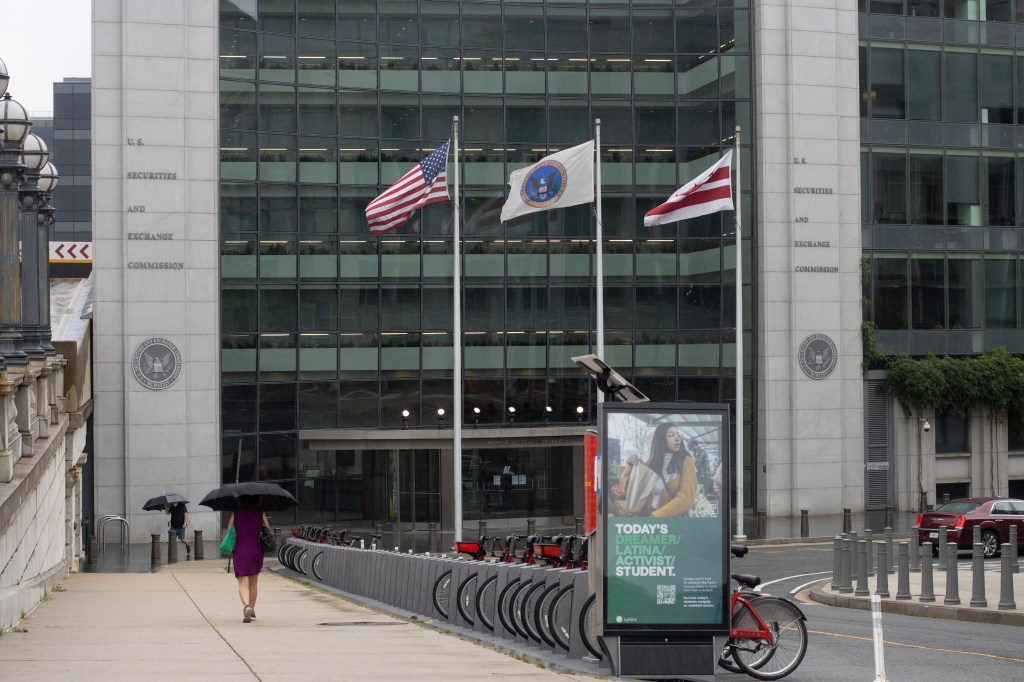In his latest effort to loosen regulation around digital assets, US president Donald Trump has signed a resolution which frees decentralized crypto exchanges from having to track and report user activity.
The requirement was put in place by the US Internal Revenue Service at the end of former President Biden’s
Register for free to keep reading
To continue reading this article and unlock full access to GRIP, register now. You’ll enjoy free access to all content until our subscription service launches in early 2026.
- Unlimited access to industry insights
- Stay on top of key rules and regulatory changes with our Rules Navigator
- Ad-free experience with no distractions
- Regular podcasts from trusted external experts
- Fresh compliance and regulatory content every day












